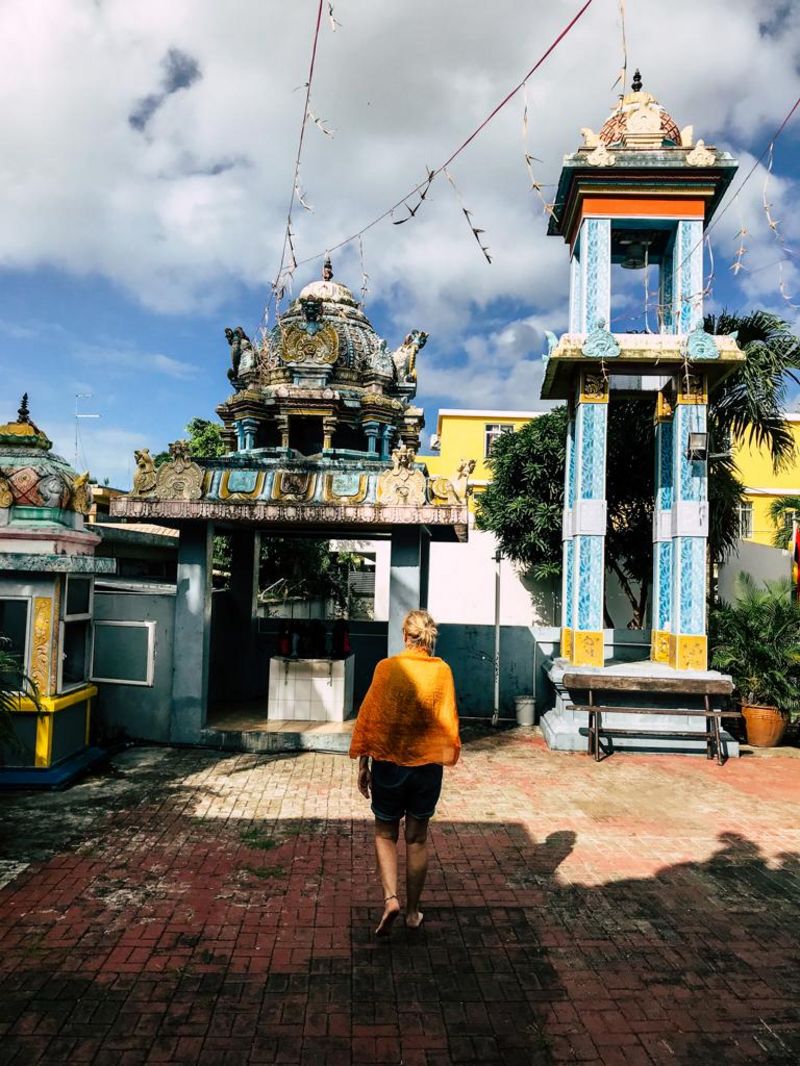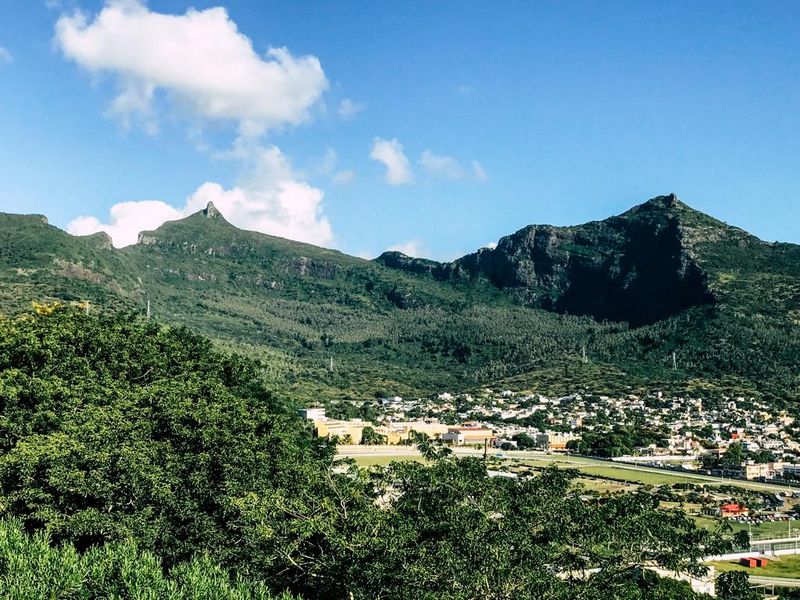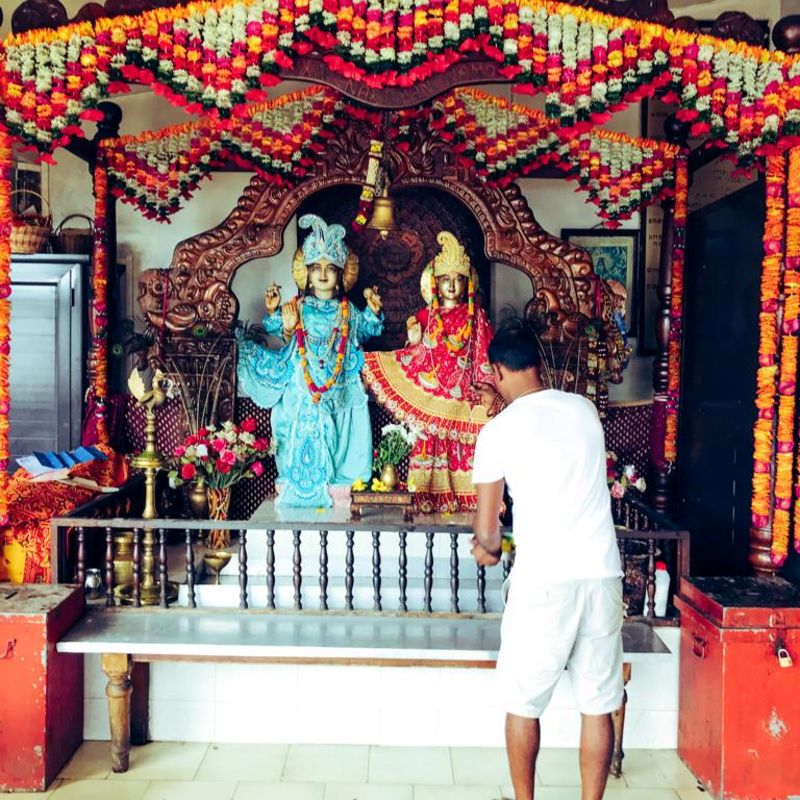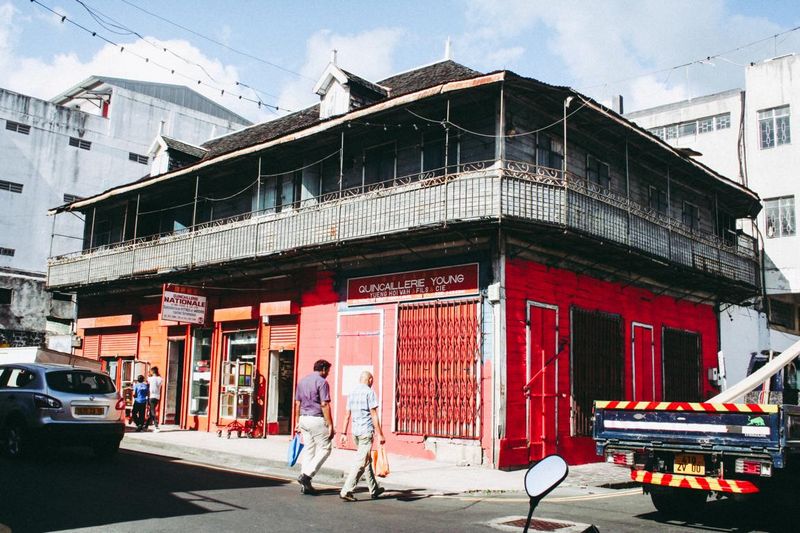Potpourri of Cultures (Part II)
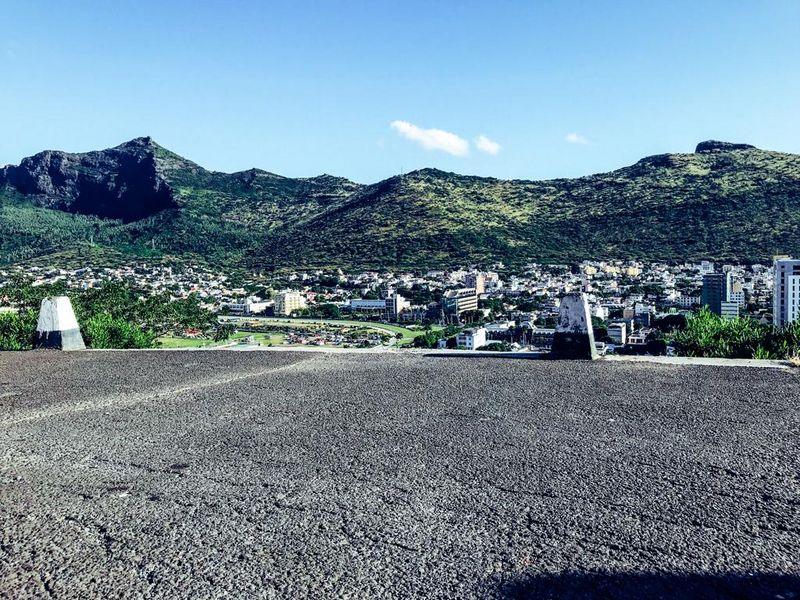
For a long time, Britain was more focused on its American colonies but with the loss of these, their concentration returned to the Afro-Indian region. Of course the island also felt this, yet the small upper classes began to set up their life extravagantly, elegantly and feudally. The slave trade and organized piracy finance the princely lifestyle of the francophone elite. The English got more and more power on the political map of the world and occupied many areas of France. Everyone must have been aware that the last decades of the Franko-Mauritians had begun. On the one hand they were characterized by an incredible extravagance and on the other hand by a moral brutalization.
Although the French Revolution was also felt late on the mascarene. The colony gained a higher independence, the „Code Noir“, which forbade marriages between whites and colored people, was abolished. However, when the in France already abolished slavery was also in Mauritius on the subject, there was an open rebellion against the motherland and slavery was still practiced. Mauritius officially became a rebellious, independent pirate colony living off the privateering warfare, slavery on sugarcane plantations, and thriving prostitution and alcohol consumption. Under the concession that slavery may continue, Napoleon Bonaparte again forced an agreement with the motherland France. After a three-day naval battle against the English, the only naval battle Napoleon ever won against the British, Britain now collects their powers. On November 29th, 1810, the British naval power landed with 10,000 soldiers and 70 warships at Cap Malheureux in the north of the island. In the face of this overwhelming power, the French governor capitulated without further bloodshed. Mauritius, Rodriguez and the Seychelles went to England and France was allowed to keep the island Reunion, if in return they finally renounce the other islands. Mauritius replaced again the name Ile de France. English became the official language. Otherwise, the new owners showed only little interest. Thus, the French landlords retained their privileges and the right to their own laws, free cultural development and full religious freedom. Thus, the French influence on the island was preserved and even today the large plantations are owned by the Franco-Mauritian families.
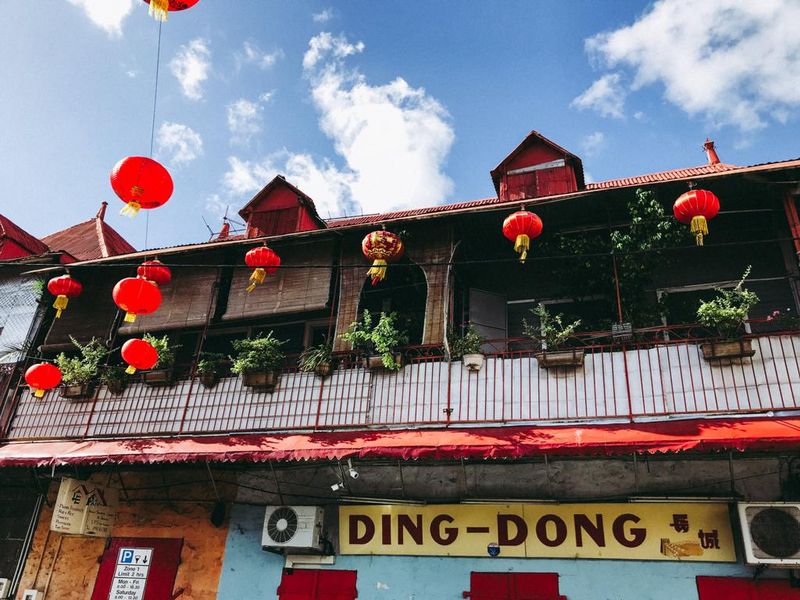
Although officially banned in the British Empire since 1807, slavery is still grudgingly tolerated, which in turn led to Mauritius becoming a sugar island, a plantation society with monoculture.
The plantation barons set the tone and owed their wealth to the approximately 80,000 slaves from Madagascar and the African mainland.
Slavery became more and more frowned upon around the world and Mauritius had to face this fact, but the fronts hardened. An agreement was reached because the plantation owners get a significant sum for each released slave as compensation. The slaves were declared free but should first spend a four-year „apprenticeship“ with their previous owners and work for a small wage and accommodation. Nothing has changed for them and so they prefer to be poor without real shelter but free. A labor shortage was the result.
The compensation for the slaves made a new market for the plantation owners possible. They recruited over dealers and with false promises tens of thousands of labor-willing Indians and Chinese. These people did not even know where they were taken with the former slave ships. They were promised a city in India but they landed under the worst hygienic conditions in Mauritius, if they survived the journey at all. Among the newcomers, diseases and epidemics were rampant, spreading rapidly to Mauritius. Their employment contracts promised, that they would be able to return to their homeland after a few years, but in truth the economy in Mauritius was booming and so the guest workers were forcibly detained. Around 200,000 Indian immigrants have tripled the population but they have not really been socially involved. There was a tremendous social imbalance, which was overshadowed by the economic boom, the trade volume rose and the demand for sugar increased.
More than 90% of the island was covered with a green sea of sugar cane fields. But now food had to be imported for 300,000 people. The first cracks in society appeared, which at first did not startle anyone but already ushered in the disintegration of this dissimilar entity. The sugar price fell dramatically as Cuba and Java launched cheaper sugar on the world market.
Mauritius has fallen into the trap of monoculture and at the same time a malaria epidemic broke out in 1866, which claimed more than 50,000 lives in the following years. Malaria and cholera epidemics, as well as regular cyclones, overcame the social barrier, causing a rebellion of poor workers on the overcrowded island. The income gap between the decadent luxury of the upper classes and the malnourished, sickly workers was becoming more and more divisive. The former mix of different ethnic groups now divided into four main groups. A few thousand Franco-Mauritians have dominated over half a million Indians and hundreds of thousands of Chinese, Black Africans and Creoles.
The history explains why so many ethnic groups settled in Mauritius, but why can these ethnic groups live together so peacefully? The secret is education and prosperity. The Mauritians have learned to live together. They appropriate religious tolerance, a high sense of democracy, a distinct peaceableness, and a friendly attitude. The government in Mauritius controls the balancing act in the allocation of offices between the different ethnic groups and religions. Of course, corruption and nepotism are also an issue in Mauritius, so you should have good contacts, for example, if you want to quickly get a license to the official tour operator but this was largely kept in check.
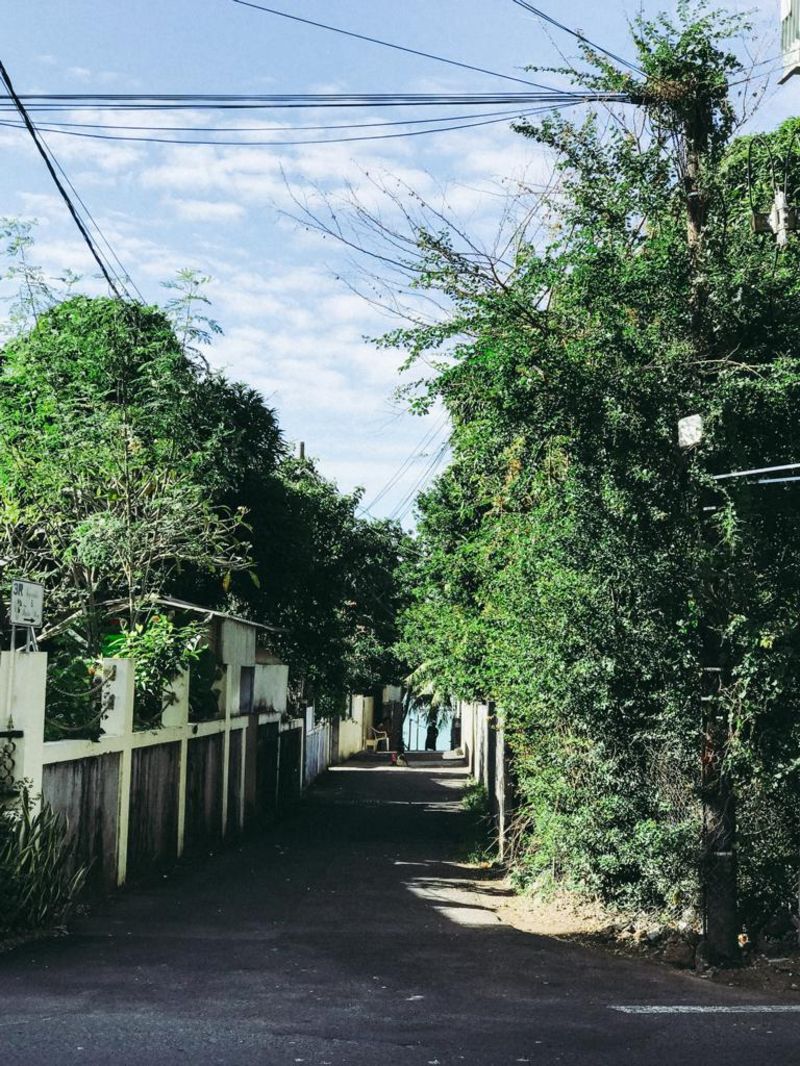
Already in the childhood, Mauritius teaches a great deal of tolerance for the different religions. This runs through to study, because even there offers the Council of Religions „Conseil des religions“ courses to deepen the religious knowledge of all religions. The comittee, made up of 18 religions, not only ensures greater understanding and peace among each other. It also works together against cases of discrimination and drug abuse. The goal is to talk to each other before an escalation and to solve problems in the conversation and with communication. It is not unusual that the Catholic priest interrupts the Saturday evening mass when the muezzin calls for prayer in the mosque.
Colorful Tamil Temples stand next to churches and mosques and in the middle of Chinatown in Port Louis where mostly Catholic Sino-Mauritians live you can find the Jummah Mosque. In Mauritius everyone can live his religion and many cultural peculiarities have been preserved and lived on in a traditional way. It is a multi-cultural society in which one tolerates others but avoids mixing. If you as a tourist also open yourself to all religions and cultural peculiarities, you can discover a new world. The blessing of a Hindu priest, the visit of charming Catholic churches that lie directly on the coast and the silence in the vestibule of an Arab mosque leave traces and maybe you can preserve this lived tolerance and serenity in dealing with people and take a bit of it home.«

